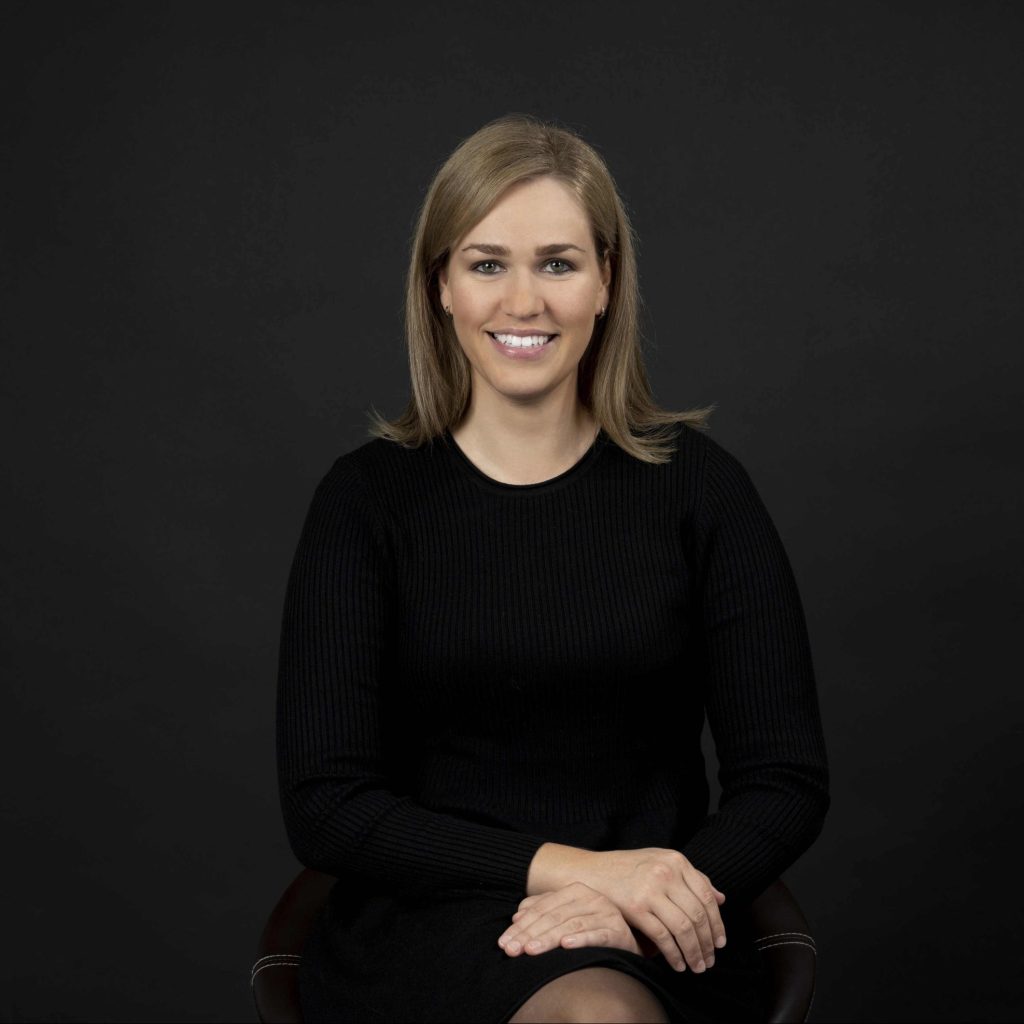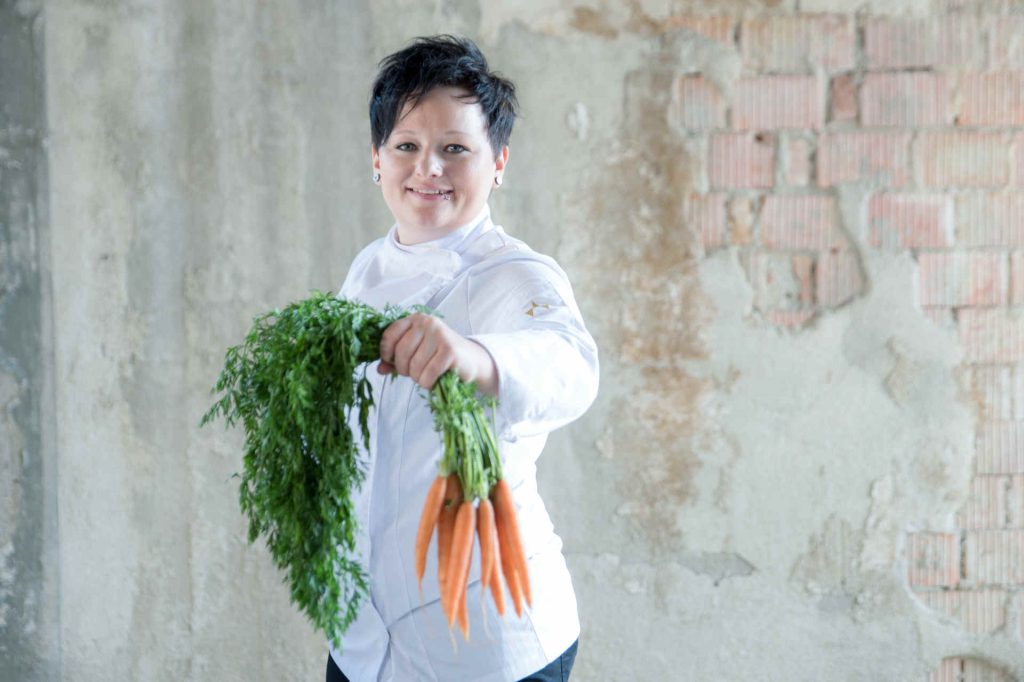

“Working in Antarctica is a unique and challenging environment that requires a lot of creativity and adaptability.”
Viktoria Stranzinger, Cook up kitchen
Viktoria Stranzinger is a real power woman: In Upper Austria, the 40-year-old runs cooking schools at the “Seyringer Gut” in Aurolzmünster, the socio-educational farm, the “Grubauergut”, in Ried in der Riedmark and an event location in Utzenaich – all of which operate under the Cook up kitchen name. But during the winter months, she developed a second passion, her commitment to Neumayer Station III in Antarctica. We asked her for an interview on the way there.
ALEXANDRA EMBACHER: We catch you on your way to Antarctica.
VIKTORIA STRANZINGER: Exactly, I'm currently on my way to the German Neumayer Station III. This year, however, I'm not only flying to support the service and kitchen team, but I'm also working as F&B Manager for the first time. For me, it is an exciting opportunity to meet the needs of the crew in this extreme environment, but the sense of community at the research station is also important to me. Antarctica is not an everyday workplace, you mentioned extreme conditions.
It's certainly challenging, requires a lot of creativity and adaptability, but it's also a unique environment. We chefs design the menu to be both nutritious and varied to meet the needs of the team in this extreme region. The menus therefore include a mix of preserved foods, dried fruits and fresh ingredients. The menu includes rich stews, warming soups and nutritious dishes that strengthen the body in the cold. We also incorporate international influences to break up the monotony of everyday life - from hearty curries to classic Italian pasta dishes. We also make sure to change the menu regularly.
You've also traveled to different countries before and explored the cuisine there. How have these international experiences shaped your cooking?
My international travels have had a profound impact on my cooking and have also changed and broadened my perspective on ingredients and preparation methods. I am particularly fascinated by the variety of spices used in Asian cuisine: their complex aromas and the skillful art of combining them have inspired me to be bolder with spices and discover new flavours - in particular, to prepare fresh ingredients quickly and gently in order to preserve their natural aromas. In addition, through my encounters with different cultures, I have developed a certain serenity in the kitchen that allows me to work in a more relaxed and therefore more creative way. These experiences not only enhance my culinary creativity, but also enrich my dishes with a global perspective.
Flat hierarchies encourage open communication and allow everyone to contribute their ideas and suggestions.
Let's go back to Upper Austria: what does the province mean to you in culinary terms?
In culinary terms, Upper Austria means to me a symbiosis of high-quality, regional ingredients and a sustainable way of life. Our organic farm plays a central role in this: we grow our own vegetables, herbs and fruit here, and food could hardly be fresher. Processing them into juices, teas and other products allows us to integrate the diversity of the region into our cuisine. Among other things, we breed our own poultry and attach great importance to keeping all our animals in a species-appropriate and respectful manner. These cycles not only strengthen our connection to nature, but also inspire me to create dishes that reflect the authentic taste of Upper Austria while focusing on the principles of sustainability and regionality.
You produce a lot yourself, but you also have suppliers. What do you attach particular importance to in such partnerships?
When selecting our suppliers, we place particular emphasis on quality, reliability and sustainability. We therefore select those who supply high-quality ingredients and guarantee environmentally friendly cultivation methods and animal-friendly husbandry conditions. Transparent production chains are important to us to ensure that the products are not only fresh, but also flawless. It is important to us to support local producers in order to promote the regional economy and minimize CO₂ emissions from transport routes. In our partnerships, we focus on long-term relationships based on trust and shared values.
It's hard to work alone in the kitchen and service, but the staffing situation in the industry is tight. How do you manage to motivate employees and retain them in your team in the long term?
We rely on a combination of fair pay, six weeks' vacation and flat hierarchies. Our pay shows employees that we value their commitment, while generous vacation arrangements give them the opportunity to recharge their batteries without stress. Flat hierarchies encourage open communication and allow everyone to contribute their ideas and suggestions. Through regular team meetings, joint training sessions, team events and celebrating successes, we create an environment in which everyone feels respected and valued.
Flat hierarchies encourage open communication and allow everyone to contribute their ideas and suggestions.



Viktoria Stranzinger is a real power woman: In Upper Austria, the 40-year-old runs cooking schools at the “Seyringer Gut” in Aurolzmünster, the socio-educational farm, the “Grubauergut”, in Ried in der Riedmark and an event location in Utzenaich – all of which operate under the Cook up kitchen name. But during the winter months, she developed a second passion, her commitment to Neumayer Station III in Antarctica. We asked her for an interview on the way there.